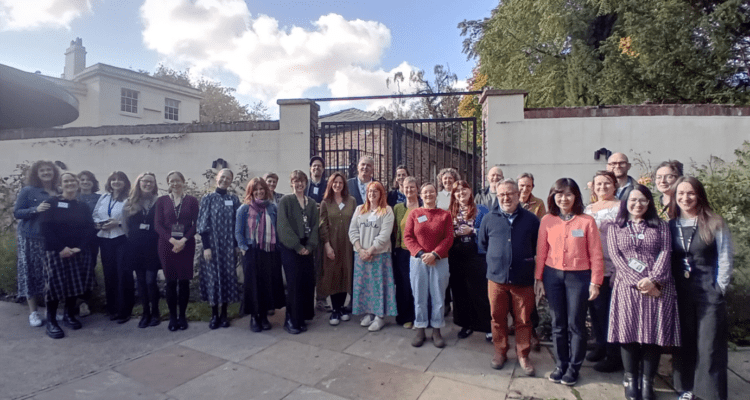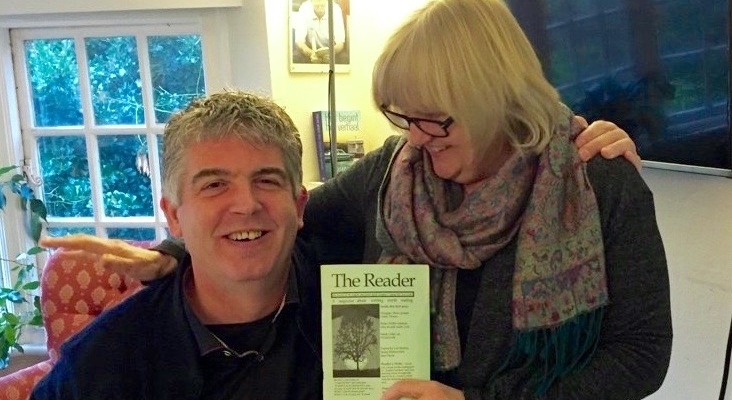Romanian Summer Diary 1
Sunday 15th July – one whole hot afternoon and several minutes neatly taken down by my friends before the start of the sixteenth English summer school in Piatra-Neamt. The afternoon is made suddenly intriguing with news of luggage still in Amsterdam while the Wirral Grammar girls have touched down in Bucharest. Rumour has it they had been drawing lots on who’s to shower first; the prospect of drip-dry hair-shoulders-and-other-parts is interesting. The minutes are less so: cold rather than hot milk with cornflakes in the canteen in the morning; explain to the cook that vegetarians are not ‘get thee to a nunnery’ types; sufficiently pink and strong loo rolls; still or sparkling mineral water; is the night watchman to lock the girls in after midnight?
The town is in celebratory mood. Romania’s EU accession (assumption or ascension in local parlance) and the new mayor have let loose the winds of change from the Aeolian EU integration bag: new pavements nicely patterned and half finished; polished Teutonic cars with several more decibels’ worth of song; gypsies begging in a combination of traditional wear and second-hand evening dress; expensive fresh roses spilling out of corner shops; and stray dogs scratching with greater self-esteem than last year in the summer dust. The orphanage children got their volunteer Brits last night and are basking in the knowledge that tomorrow there will be ball games, hugs and the perpetual ‘what’s-your-name?-what’s-your-favourite-colour?’ volleys. The town’s sixteen-going-on-seventeens are milling by the school gates – ‘Have the girls arrived yet?’
Cristina Pascu-Tulbure.
British-Romanian Connections has been operating in Romania since 1991, and each year Cristina organizes the summer schools staffed with young British volunteers. She says the fascination lies in watching British and Romanians alike teaching and learning, as well as seeing the yearly changes in attitudes, the vernacular, and the home-grown notion of what it is to have achieved the Romanian Dream. It’s a heady mix of old culture, second-hand Western ideals, slight embarrassment about one’s history, and variations on a theme of European unity. Cristina is in Romania with a party of girls from Wirral Grammar School.
Share
Related Articles

Celebrating the first ever International Shared Reading Conference
‘It has been a wonderful day - great meeting you all! Loved the Shared reading and getting new knowledge. Inspiring…

Henrik Wig, Sweden: ‘In a world where democracy is in many ways threatened, Shared Reading can be a counterforce’
Literature teacher Henrik has been running Shared Reading groups across southern Sweden for six years with children’s groups and at…

Reader Revisited: An Interview with Het Lezerscollectief (The Readers’ Collective)
We're taking a trip down memory lane and revisiting articles from The Reader Magazine. This article first appeared in issue 73.…


